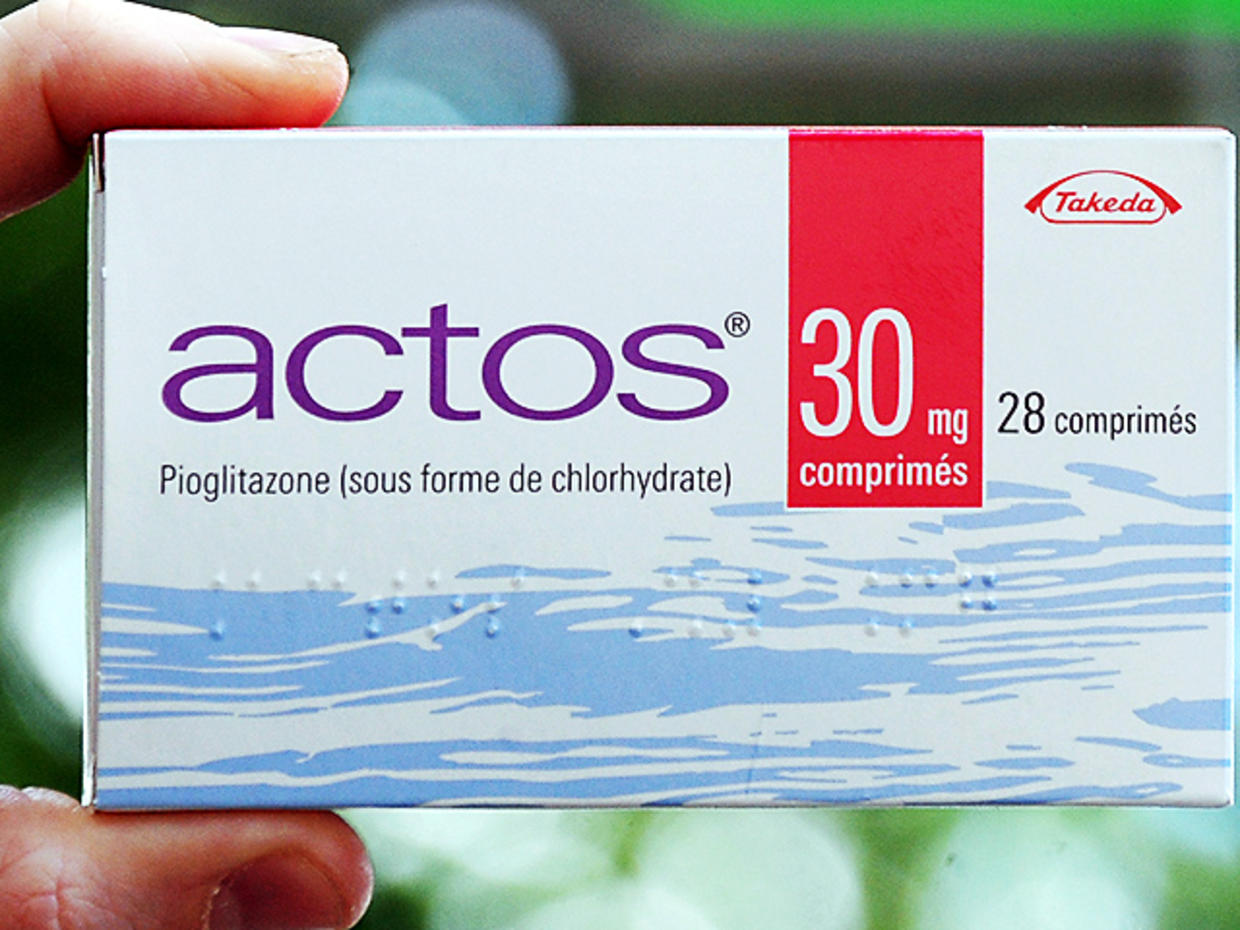Actos: Health Benefits & Risks
What are the health benefits of Actos?
Actos (pioglitazone) is a medication used to treat type 2 diabetes. It belongs to a class of drugs called thiazolidinediones, which help to lower blood sugar levels by increasing the body’s sensitivity to insulin. Some of the health benefits of Actos include:
- Improved blood sugar control: Actos helps to lower blood sugar levels in people with type 2 diabetes by improving insulin sensitivity and reducing the amount of glucose produced by the liver.
- Reduced risk of cardiovascular events: Some studies have suggested that Actos may reduce the risk of cardiovascular events, such as heart attack and stroke, in people with type 2 diabetes. However, more research is needed to confirm this benefit.
- Improved lipid profile: Actos may help to improve lipid profile by increasing HDL (good) cholesterol and decreasing triglycerides in people with type 2 diabetes.
- Preservation of beta-cell function: Actos may help to preserve beta-cell function, which is responsible for producing insulin in the pancreas, in people with type 2 diabetes.
- Weight management: Some people may experience weight gain while taking Actos, but others may experience weight loss. This can be beneficial for people who are overweight or obese and have type 2 diabetes.
- Reduced risk of developing diabetes complications: By improving blood sugar control, Actos may help to reduce the risk of developing diabetes complications, such as kidney disease, nerve damage, and eye problems.
It’s important to use Actos only as prescribed by a healthcare provider and to follow their instructions carefully. Actos is not suitable for everyone and may not be appropriate for people with certain medical conditions. If you have any questions or concerns about Actos, talk to your healthcare provider.
What are the health risks of Actos?
Actos (pioglitazone) is a medication used to treat type 2 diabetes, but like all medications, it carries certain health risks. Some of the health risks associated with Actos include:
- Risk of heart failure: Actos may increase the risk of heart failure, especially in people who already have heart disease or are at risk for heart disease. It’s important to monitor for signs and symptoms of heart failure, such as shortness of breath, swelling of the ankles or feet, and sudden weight gain, while taking Actos.
- Risk of bladder cancer: Some studies have suggested a possible link between Actos use and an increased risk of bladder cancer. The risk appears to be higher in people who have taken Actos for a long time or at high doses. It’s important to discuss the potential risks and benefits of Actos with your healthcare provider.
- Risk of bone fractures: Actos may increase the risk of bone fractures, especially in women. It’s important to discuss any concerns about bone health with your healthcare provider if you are taking Actos.
- Weight gain: Some people may experience weight gain while taking Actos, which can increase the risk of other health problems, such as high blood pressure and heart disease.
- Hypoglycemia: Actos can lower blood sugar levels, which can lead to hypoglycemia (low blood sugar). It’s important to monitor your blood sugar levels regularly and to talk to your healthcare provider about how to manage hypoglycemia if it occurs.
- Liver problems: Actos can cause liver problems, including an increase in liver enzymes and liver failure. It’s important to have regular liver function tests while taking Actos to monitor for any signs of liver damage.
- Edema: Actos can cause fluid retention, which can lead to swelling in the legs, ankles, or feet. It’s important to monitor for signs of edema while taking Actos.
It’s important to use Actos only as prescribed by a healthcare provider and to follow their instructions carefully. If you experience any side effects or have any concerns about Actos, talk to your healthcare provider.
TL; DR: Actos Summary
Actos (pioglitazone) is a prescription medication used to treat type 2 diabetes. It belongs to a class of drugs called thiazolidinediones (TZDs).
The key facts about Actos are:
- Mechanism of Action: Actos works by increasing the body’s sensitivity to insulin, which helps improve blood sugar control in people with type 2 diabetes.
- Approved Uses: Actos is approved for use as a standalone medication or in combination with other diabetes drugs, such as metformin or sulfonylureas, to improve glycemic control.
- Benefits: By enhancing insulin sensitivity, Actos can help lower blood glucose levels, improve HbA1c (average blood sugar over time), and potentially reduce the risk of diabetes-related complications.
- Side Effects: Potential side effects of Actos include weight gain, edema (fluid retention), increased risk of bone fractures, and a small increased risk of bladder cancer with long-term use.
- Contraindications: Actos is generally not recommended for patients with a history of bladder cancer or severe heart failure.
- Dosing: Actos is typically taken once daily, with or without food. The dosage is individualized based on the patient’s response and tolerability.
Actos is an important treatment option for many individuals with type 2 diabetes, particularly when used as part of a comprehensive diabetes management plan that includes diet, exercise, and potentially other medications. Patients should discuss the potential risks and benefits with their healthcare provider.




